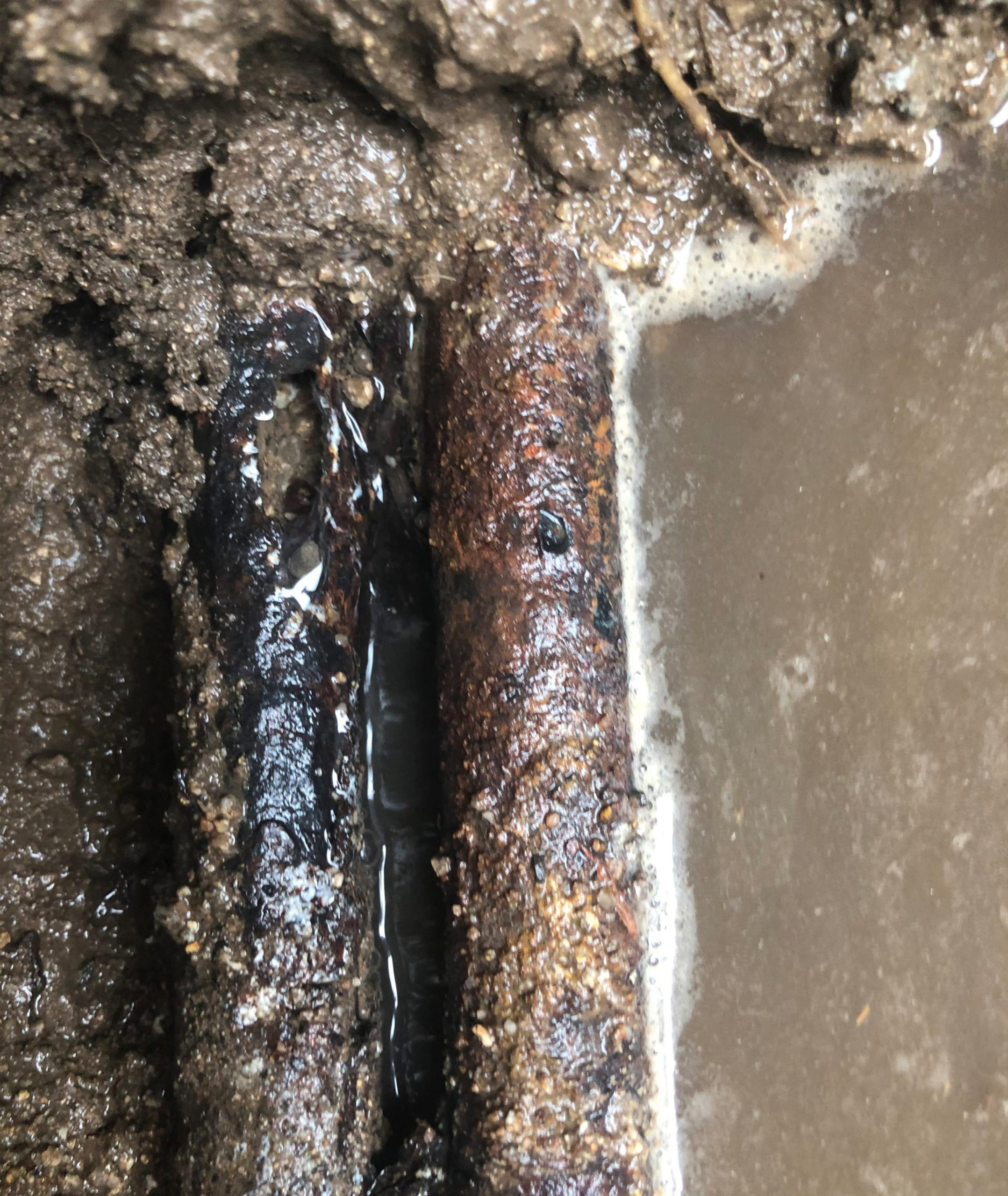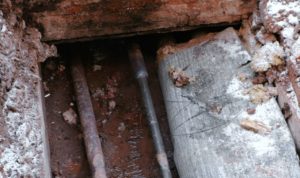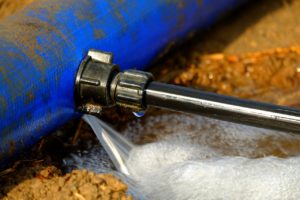When we think of home maintenance, the plumbing system often remains out of sight and out of mind until something goes wrong. However, the health of your home’s pipes is crucial for both the functionality and safety of your living space. Here’s why you might need to consider a whole home repipe:
Age of the Pipes:
Like any part of your home, pipes have a lifespan. Depending on the material, pipes can last anywhere from 20 to 100 years. For instance, galvanized steel might last 20-50 years, while copper can extend beyond 50 years. If your home is approaching or has surpassed these milestones, it’s time to think about repiping.
Material Degradation:
The type of material used in your home’s plumbing system plays a significant role in its longevity. Polybutylene pipes, used heavily from the 1970s to 1990s, are notorious for their short lifespan and high failure rate due to degradation. Homes with these pipes are prime candidates for repiping. Similarly, cast iron, while durable, can eventually corrode, leading to leaks or blockages.
Water Quality Issues:
If you’re experiencing rust-colored water or a metallic taste, it’s not just an aesthetic or taste issue; it’s a sign of internal pipe corrosion. This not only affects the water quality but can also lead to pinhole leaks, which are tiny but can cause significant damage due to water escaping under pressure.
Frequent Leaks and Repairs:
If you find yourself calling a plumber for leaks more often than you’d like, it might be more economical and practical to consider a whole home repipe rather than continuous patchwork. Persistent leaks, especially in hard-to-reach places like walls or beneath floors, indicate that the integrity of the pipes has been compromised.
Low Water Pressure or Uneven Flow:
If you experience varying water pressure or sudden temperature changes when multiple taps are running, this could be due to restrictions or breaks within the pipes. Over time, mineral deposits can also build up, narrowing the pipe’s diameter and reducing flow efficiency.
Noise in the Pipes:
Water hammer or banging noises when you turn off a tap can be more than just annoying; they’re signs of loose pipes or water flow issues that could lead to pipe damage. While this might not directly necessitate a repipe, it often accompanies other issues that might.
Home Renovation or Sale:
When you’re significantly renovating or preparing your home for sale, updating the plumbing can be a wise investment. Not only does it prevent potential future problems for new owners, but it also increases the home’s value and appeal, especially if the current system is outdated.
Environmental Factors:
Homes in areas with particularly hard water or high chlorine levels can suffer from accelerated pipe wear. The corrosive nature of these waters can significantly shorten the life of metal pipes, necessitating a shift to more resistant materials like PEX or PVC.
The Decision to Repipe:
Deciding to repipe your home isn’t taken lightly due to cost and disruption. However, modern techniques like PEX and PVC offer less invasive methods, reducing both the cost and the chaos. Moreover, the long-term benefits, including reduced water bills due to fewer leaks, improved water quality, and increased home value, often outweigh the initial investment.
A whole home repipe might seem like an extreme measure, but for many homeowners, it’s not just about fixing what’s broken today; it’s about preventing tomorrow’s disasters. Whether it’s for health, safety, or simply to keep up with the evolving standards of home maintenance, understanding your home’s plumbing needs can save you from unexpected future expenses and ensure your home remains a safe, comfortable sanctuary. If your pipes have seen better days or if you’re planning a significant home project, consider the benefits of a fresh start with a new plumbing system. Your home’s infrastructure deserves as much care as its visible parts; after all, what’s unseen often plays the most vital roles.



